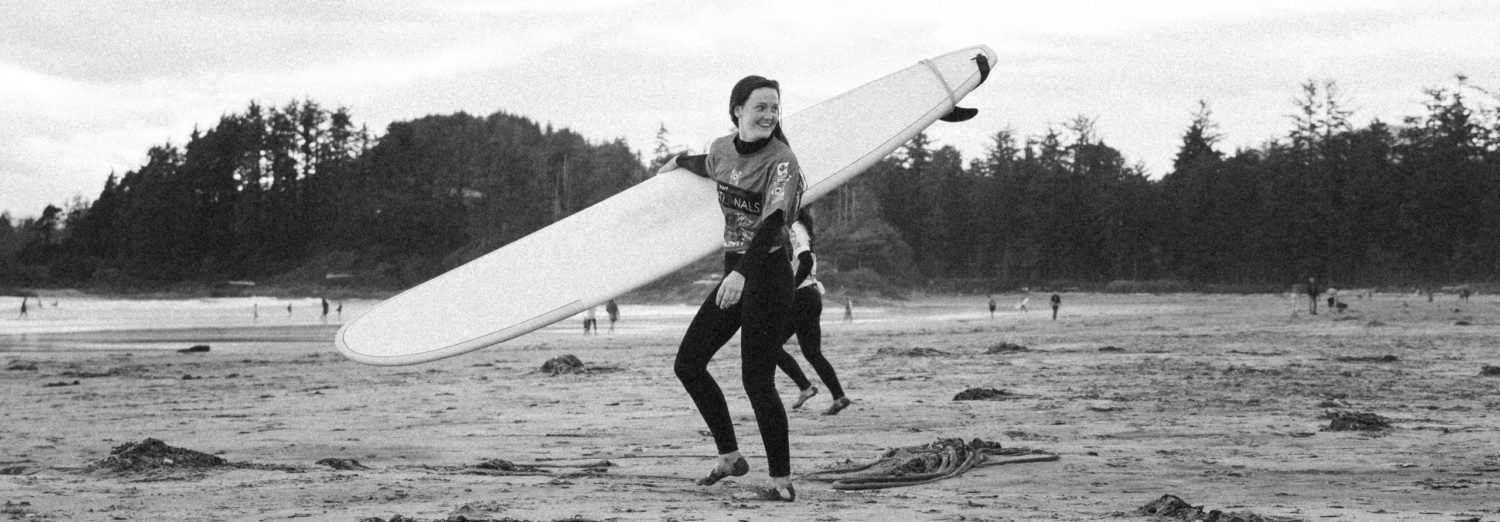“Situated on the rugged West Coast where an enriching relationship exists between our community members and the natural environment, Tofino promotes healthy civic engagement supporting a creative and resilient community of varied ages that is socially, environmentally and economically diverse. The future is not something we enter. The future is something we create.” – Leonard Sweet, Author/Futurist of the Tofino Vision Action Sustainable Community Action Plan.
From the plan above, Tofino’s sustainability objectives are to reduce and eventually eliminate its contribution to:
- Socio-cultural and economic conditions that undermine people’s ability to meet their basic needs
- The ongoing physical degradation of nature
- The ongoing build-up of synthetic materials produced by society
- The ongoing build-up of materials extracted from the earth’s crust

Tofino has many plans and regulations when it comes to sustainability. The district wants to continue to grow and become a healthy and rejuvenated city to the residents and locals. Tofino’s practices are listed below and are a great start to thinking about the future.
1. Tofino has recognized the importance of alternative forms of transportation to reduce greenhouse emissions
- The city has a FREE shuttle bus that runs in the peak seasons for local and tourist transportation. It starts in town and has many stops along the way. It picks people up and drops them off at beaches. There is even a surfboard rack on the bus!
- Tofino has a bike path that goes from town all the way down to Cox Bay. Now, the town is working with Ucluelet and Pacific Rim National Park to extend the bike path all the way to Ucluelet. Construction is planned to be completed in 2021. Many people bike to beaches for surfing. This path will prevent people from walking and biking on the road – essentially keeping everyone safe!

2. Tofino is a leader for renewable energy and became a SolarBC community in 2008
- During the tourist summer months, solar energy is used by tourism businesses to meet increased hot water demands. In addition, all infrastructure and construction are attempting to use more sustainable materials. This is a project created in hopes of making Tofino economically viable and more energy efficient. Read the plan here.

3. Regulating the use of pesticides
- In 2009, the District of Tofino passed a bylaw regulating pesticides on residential and public lands. The bylaw aims to protect the landscape and reduces the use of harmful chemicals that can affect wildlife, quality of food, and water sources. The District of Tofino worked with the Raincoast Education Society to create an informative fact sheet for locals.

4. Promoting sustainable eco-tourism activities and accommodation
- The EcoLodge Group & Retreat is one of Tofinoanics best suited sustainable options for accommodations. The EcoLodge is a twelve-room bed and breakfast neighboring the Tofino Botanical Gardens. The accommodations are designed to be clean and affordable with a focus on educational groups and retreats. The lodge provides guests with sustainable advice, such as no disposable plates or plastic cutlery, and bringing reusable water bottles. EcoLodge provides guests with 100% GOTS certified organic towels and have bath products which are locally made and eco friendly

5. Clayoquot Sound Biosphere Reserve was designated as a Biosphere Reserve by UNESCO in 2000
- “A Tofino history lesson: War in the woods and the UNESCO biosphere region, is a remembered highlight in the environmental movement, one of its biggest victories, and arguably a model in which future protests would follow. It came with world recognition of the area’s biological diversity, and twelve million juicy greenbucks set aside in a monetary fund to “support research, education and training in the Biosphere region.” The idea being that this was pristine land and should be kept from being logged, mined, fished or ‘effed with” – Tofino Resort and Marina. This is a must-read. Check out the whole story here. Clayoquot Sound is a diverse area with temperate rainforest, lakes, rivers and alpine peaks. These provide habitats for a vast array of species, a significant number of which are endangered or rare.

6. Tofino bans single-use items 2020
- Tofino intends to reduce single-use plastic waste in West Coast communities, the landfill, and the marine environment. Their single-use ban was developed in partnership with the District of Ucluelet, Surfrider Pacific Rim, and the Ucluelet Aquarium. The ban includes plastic bags and straws, and polystyrene foam containers. A huge win for the area!

